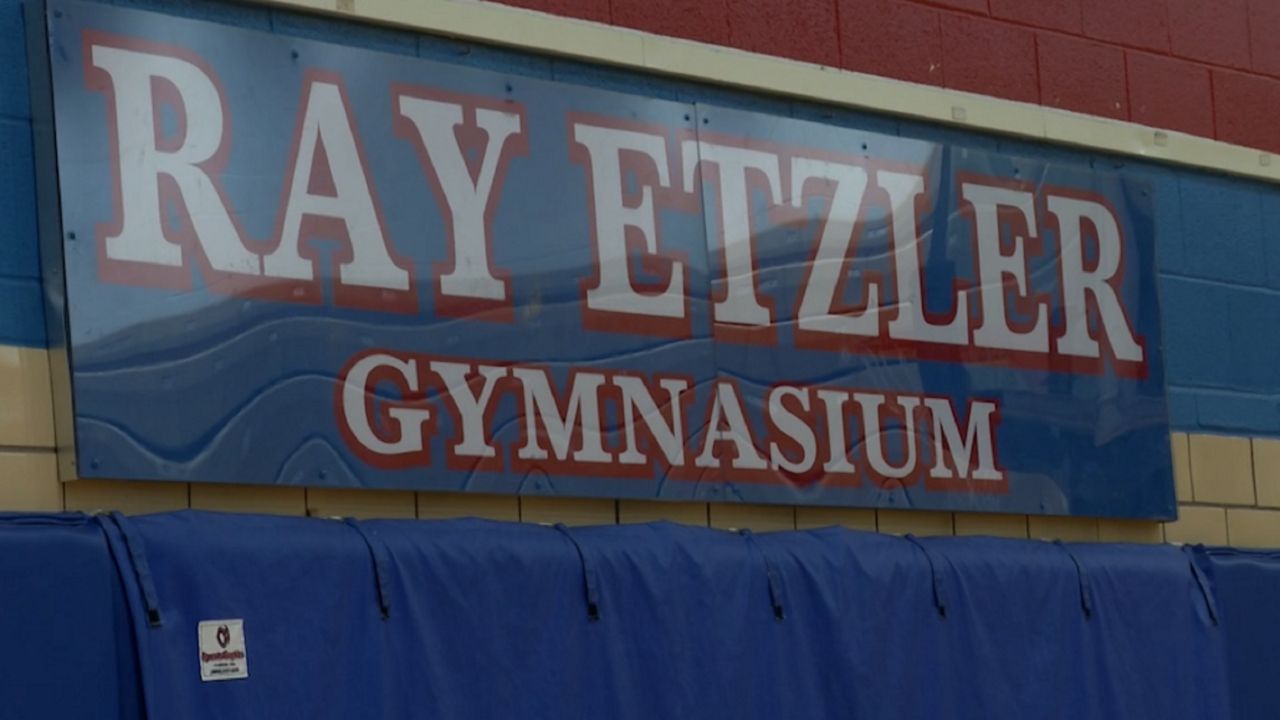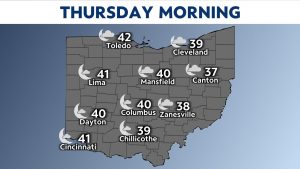COLUMBUS, Ohio — State senators approved a bill Wednesday afternoon that could change the way Ohio enacts health orders, which the House of Representatives passed earlier in the afternoon.
The bill now heads to the governor’s desk after the Senate concurred following approval in the House by a vote of 57-37.
Senate Bill 22 would give lawmakers the ability to override health orders and state of emergency declarations. Ohio has been under a state of emergency since March 9, 2020, and under the bill, any emergency declaration would be mandated to end after 90 days. The emergencies could be renewed indefinitely in 60-day increments by the Ohio General Assembly, but the governor of Ohio would have to convince them to do it.
It would also create a six-person committee with lawmakers from both chambers. The lawmakers would serve as advisors on public health orders.
Rep. Allison Russo (D) said the bill would cripple the state’s ability to respond to this pandemic.
“I’ve heard a lot in the last several months — really over the last year — about the need for checks and balances. This is not balanced legislation. It’s far from it,” she said.
Russo said the current pandemic is not over and said she fears what would happen if another pandemic hits with the new legislation in place.
“This really hinders in very unintended ways our ability to respond not only to this crisis, which is not over yet. I’m sorry, there is light at the end of the tunnel. I see it, I believe it, but it’s not done, but the unintended consequences is what it also does any other time we need to respond to any emergency,” she said.
On Feb. 17, the Ohio Senate voted in favor of the bill, 25-8. House Republicans rewrote the bill Tuesday. Under the new revisions, local health departments wouldn’t be allowed to close schools, issue shutdowns for businesses, or ban gatherings. Isolation or quarantine measures would only apply to those who test positive for the virus, and if a resident disagrees with their county’s respective health orders, they could sue for violations of their constitutional rights.
Gov. Mike DeWine said he has concerns about the bill. During an ongoing health emergency, this is the wrong time to let politics override science, he said.
Sen. Kristina Roegner (R) said the legislation is necessary because DeWine went too far with his authorities.
“Last year, we have witnessed an unprecedented government overreach. They shut small businesses, shuttered polling locations, ordered people to stay in their homes, sent students home, established curfews, made everyone wear face coverings, and much more, many of this under financial penalties as well as jail time, and all of this without legislative input or the voice of the people,” she said.
Roegner said this legislation will restore liberties to the people of Ohio.
Dr. Bruce Vanderhoff, the chief medical officer for the Ohio Department of Health, testified against the bill twice, saying it would set a precedent for future health crises. “Let’s not take reactive measures that ensure future generations will be ill-prepared to protect the health and safety of Ohioans,” he said during a Feb. 10 testimony.
Vanderhoff also said the rise of variants poses an even greater risk to Ohioans and the nation. In the last two days, cases of the variant initially discovered in the U.K. nearly doubled in the state.
At first, DeWine said he would veto the measure, but changed his tone soon after, saying he was open to getting lawmakers more involved with the decisions about health orders. He has not said if he intends to veto the current version of the bill.




